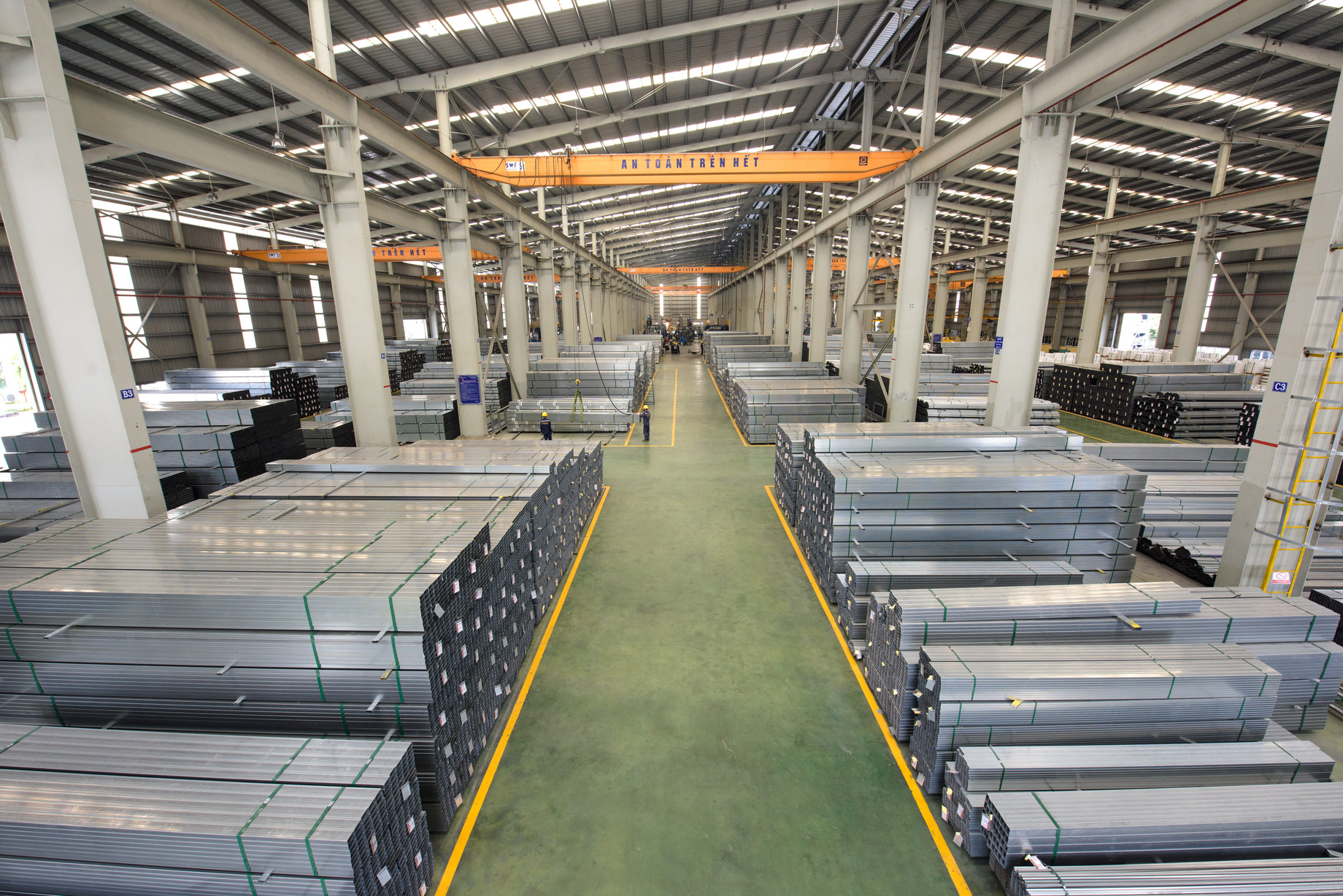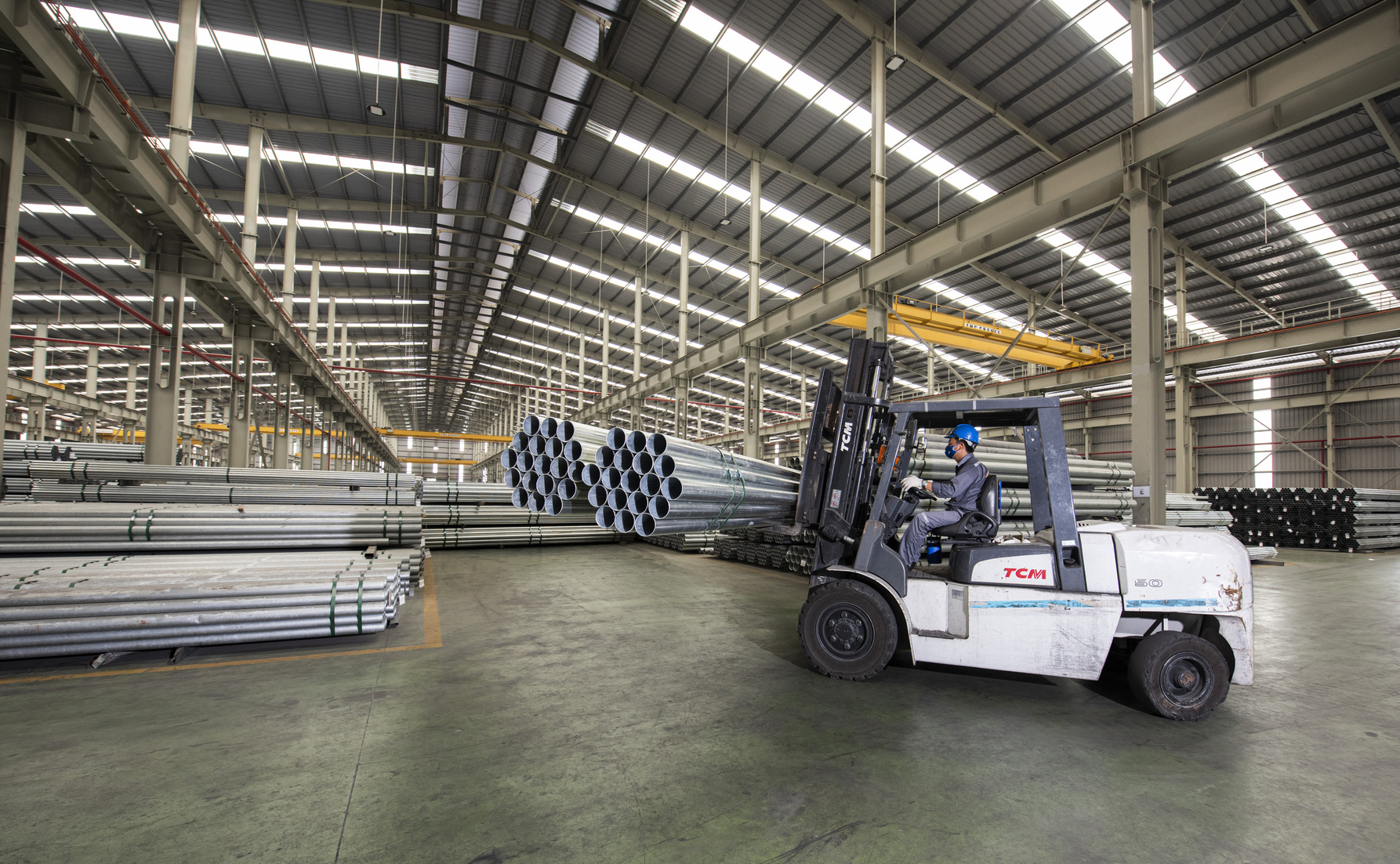Lourenco Goncalves spoke during a news conference on the infrastructure bill and an update on the automotive and overall supply chain in East Chicago on 11 April 2022.
“We do not need pig iron from Russia and we’re proud of that.”
Lourenco Goncalves, president and CEO of Cleveland-Cliffs
As America considers more tariffs against Russia, Goncalves said pig iron should be treated the same as other goods that are tariffed because it is currently tariffed less than other goods.
“Unless you want to protect a portion of the industry that imports pig iron from Russia and that’s not levelling the playing field that’s tilting the playing field. We produce pig iron here in Indiana Harbour ... and several other places in the Midwest.”
Lourenco Goncalves, president and CEO of Cleveland-Cliffs
But, Goncalves said tariffs on pig iron could just slow the sale but not stop it completely. Russia could always sell its pig iron to China, because they are 'birds of a feather,' and then China can sell the pig iron to the rest of the world, he said.
The steel industry awaits projects as a result of the Infrastructure bill, which Goncalves said was a positive piece of legislation.
“Congress did their job ... in passing the infrastructure bill,” said Goncalves. “Now, it’s show time. We need to see the projects. We need to see the money deployed. We need to see red tape cut and things happening.”
To shorten supply chains, Mrvan said he co-sponsored the America Competes Act, which passed both the House and Senate, which 'levels the playing field' for semiconductors and chips to be manufactured in America.
“If we shorten that supply chain and we’re able to produce semiconductors and chips here in the United States as they’re going to start doing in Ohio — not tomorrow, not today but over the next four or five years — then we’re not only providing jobs ... but we’re shortening those supply chains.”
US Representative Frank Mrvan, D-Highland
“The reasons they are being made in other countries is pure capital and the cheapest way that it could be made,” Mrvan said. “If we shorten that supply chain and we’re able to produce semiconductors and chips here in the United States as they’re going to start doing in Ohio — not tomorrow, not today but over the next four or five years — then we’re not only providing jobs ... but we’re shortening those supply chains.”
There have been ongoing discussions regarding shifts in trade and industry since Russia's invasion of Ukraine between the political sector, and the industries that have required support. Many companies which have historically been supported by Russian goods in their manufacturing process have now shifted to other suppliers, which has complicated existing tariff systems, and required further flexibility in legislation.
Source: Steeltimesint
The materials and information on this article have been prepared or assembled by Viet Nam Steel and are intended for informational purposes only.

